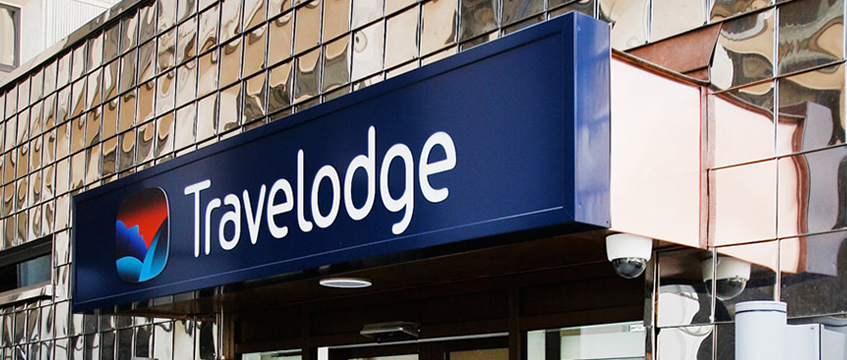Travelodge’s landlords have given the hotel operator’s CVA proposals the green light after voting today.
The budget hotel operator, which counts Goldman Sachs and hedge funds GoldenTree Asset Management and Avenue Capital among its shareholders, recently revised its proposals in a bid to appease its landlords.
This included upping the share of profits handed to landlords above a £200m threshold.
It also promised that shareholders would not be able to withdraw money from the company until landlords had been fully repaid, and to make it easier for its hotel owners to exercise break clauses.
How its biggest landlord reacted
Creditors voting in favour of the revised deal included Secure Income REIT, which owns 123 Travelodge hotels.
Martin Moore, chairman of Secure Income, said: “The break clause optionality provided to us by the CVA agreement, in conjunction with Secure Income REIT’s strong balance sheet and considerable liquidity, creates a solid position from which we can actively explore options for our hotels portfolio, while at the same time providing Travelodge with the breathing space it requires to re-establish its business.”
There is now a 28-day period from the date that the meeting results are filed at court, and expiring on 16 July at the earliest, during which the outcome may be challenged through the courts by any creditor that voted.
Secure Income said it expects to absorb a £14.4m reduction in minimum contracted rent from its Travelodge premises (12.9% of its total annual rent from the portfolio) during this year if the CVA is unchallenged, with a further £8.6m loss in 2021.
Of its Travelodge leases, 119 now include a landlord-only option to break the lease for no consideration payable. They also include an option to extend the existing Travelodge lease term, provided this is exercised within the period to 28 August this year. The remaining four leases are not varied, with rents for these to be paid in full.
The landlord added that it is in “preliminary discussions” with alternative hotel operators, and is assessing the potential for any of these to “add incremental value over and above the existing lease arrangement with Travelodge”.
How a majority coalition of landlords voted
The Travelodge Owners Action Group, which represents landlords of more than 400 hotels, also decided to support Travelodge’s updated CVA deal.
Viv Watts, the group’s leader, said it was a “difficult decision” to reach.
“With the addition of some hard-won amendments, we believe that the final CVA deal provides a number of options to protect asset values in the long term and important safeguards for the many UK pension funds, local authorities, charities and individual savers who depend on Travelodge income,” Watts said.
“Nevertheless, this CVA will have a real and lasting impact on UK savers and investors, including some landlords who will receive no rental income whatsoever until the end of 2021.”
However, Watts expressed regret that “there was not a higher level of engagement at an earlier stage, which might have avoided the need for landlords to accept a disproportionate level of sacrifice in order to rescue the business”.
“This outcome might have been different if Travelodge had raised new capital and bailed in bondholders,” he said. “As landlords, big and small, we remain concerned by the precedent this CVA sets for the wider real estate industry.”
What the CVA involves
Travelodge launched its CVA proposals earlier this month, appointing Deloitte to oversee the process.
The plans do not involve closures for any of its 564 properties. Under its terms, the operator’s owners would pay landlords £230m for the period until the end of 2021, representing 62% of the contracted sum due.
In exchange for this, 94% of its leases would receive rent cuts of up to 50% to the end of 2021. No rent would be paid on 6% of its portfolio during the period.
The outcome of today’s vote is a tentative conclusion to the hotel chain’s battle with its landlords during the Covid-19 lockdown.
Previously, Secure Income REIT’s Nick Leslau issued a counter-proposal rebuffing the operator’s initial request for a £146m rent waiver.
The outspoken Prestbury Investments boss told EG earlier this month that he thought the government should launch an investigation into the potential abuse of its coronavirus legislation, to stop private equity firms from prospering at the cost of landlords.
To send feedback, e-mail pui-guan.man@egi.co.uk or tweet @PuiGuanM or @estatesgazette











